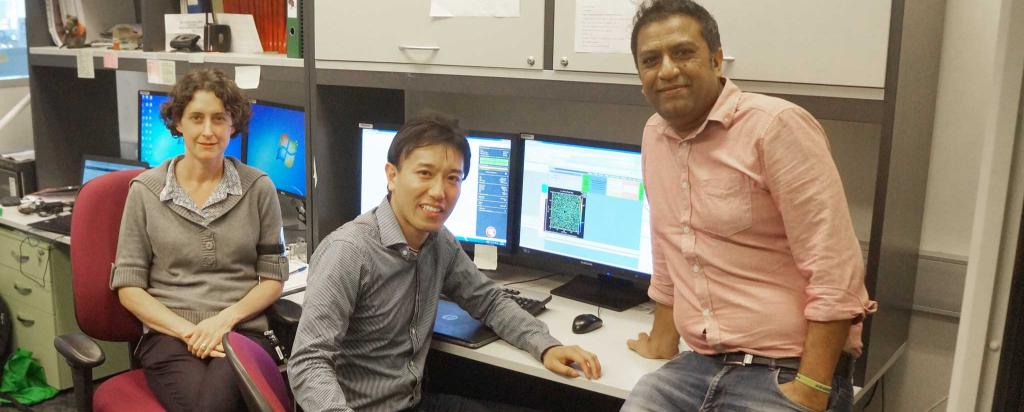
Services - Quokka
Sample environments
Data reduction and analysis
Data analysis is supported through user training which is provided at the AINSE Neutron Scattering Winter Schools. Other workshops may be periodically advertised here.
To correct, reduce and analyse experiment data from Quokka, the Igor Pro software from WaveMetrics is used and extended with specially designed macros to simplify the process.
Igor Pro can be downloaded from WaveMetrics home page . A trial version is available which allows the free use of Igor Pro for 30 days. After Igor Pro has been installed and tested, ANSTO’s Small Angle Neutron Scattering (SANS) reduction macros can be installed with the switch program.
ANSTO’s SANS reduction macros are based on the SANS & USANS macros from NIST, which can be found at the NIST SANS homepage. Although these macros contain an option to reduce Quokka data, the instrument information is not current and it is not advised to use these macros for Quokka data reduction. It is advised to use the switch program to install the macros.
Users who wish to utilise SANS macros provided by ANSTO or NIST are requested to reference the paper by Steve Kline describing the software.
For support, contact the Quokka instrument scientists: [email protected]
Analysis
Many packages are available for the analysis of SANS data in addition to macros operating in Igor. Some generally useful packages are:
There are many more specialised packages. It is suggested to ask your local contact for guidance.
Data Access
The Australian Centre for Neutron Scattering promotes access to data collected during scientific experiments. See http://www.ansto.gov.au/research/bragg_institute/users/data_archiving
Access to data is available at ANSTO during the 3 year embargo period via the following options:
- Login to https://tardis.nbi.ansto.gov.au where you can search through your data and download as required.
- Access a secure copy at scp.nbi.ansto.gov.au using a client such as FileZilla (see http://filezilla-project.org/download.php) or winSCP (see http://winscp.net/eng/download.php).
If you are unable to login, contact the user office.
It is ANSTO policy that after a 3 year embargo period, data becomes publicly accessible. This can be viewed as "Public Experiments" at https://tardis.nbi.ansto.gov.au. Metadata relating to the experimental data is copied to Research Data Australia http://researchdata.ands.org.au. In encouraging this practice ANSTO has helped many researchers forge new collaborations.